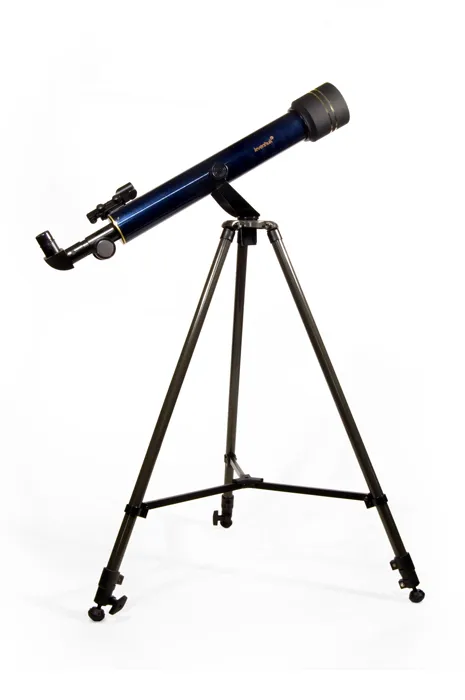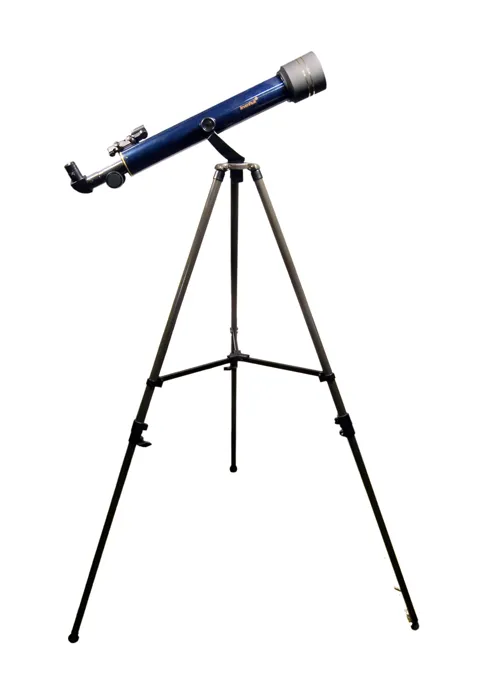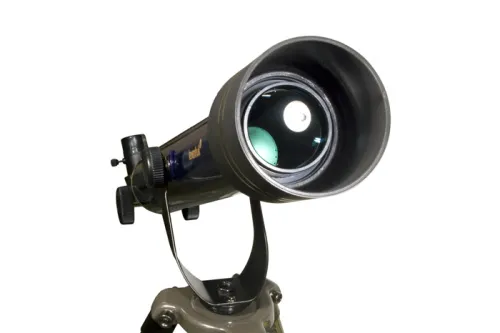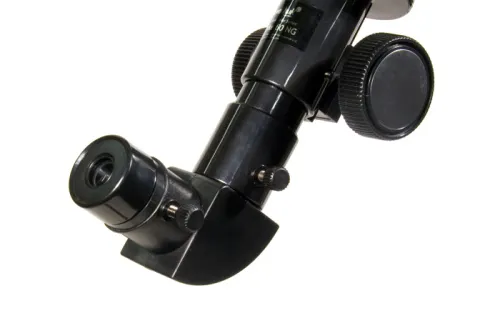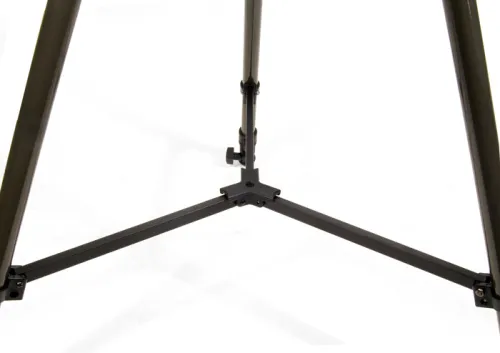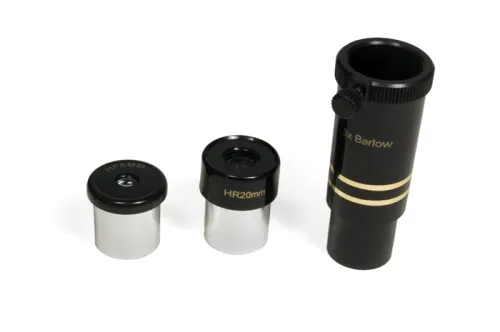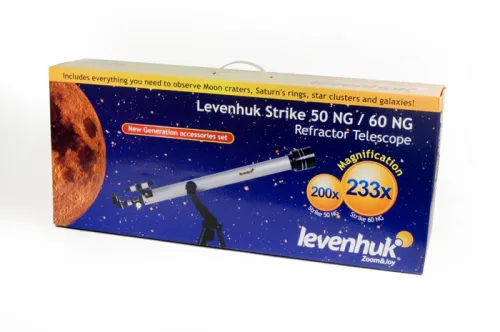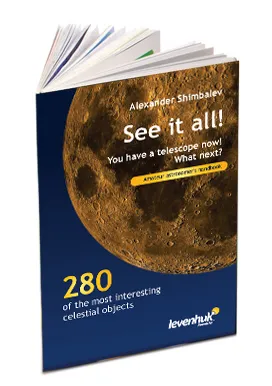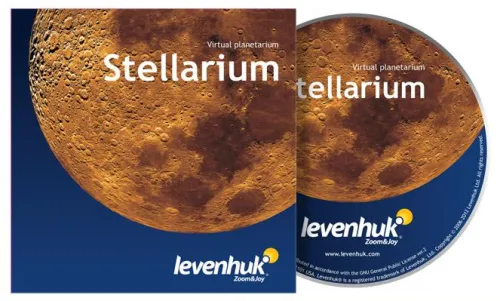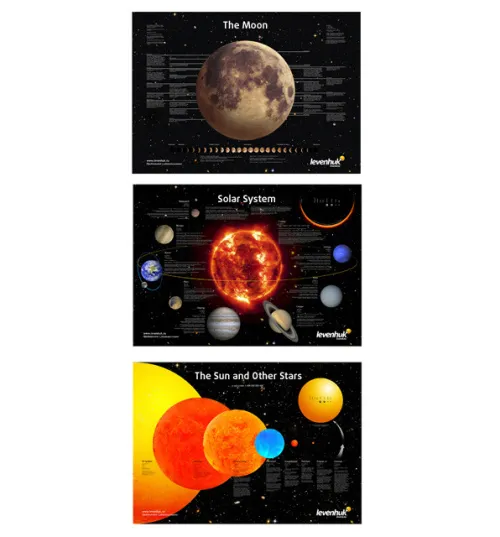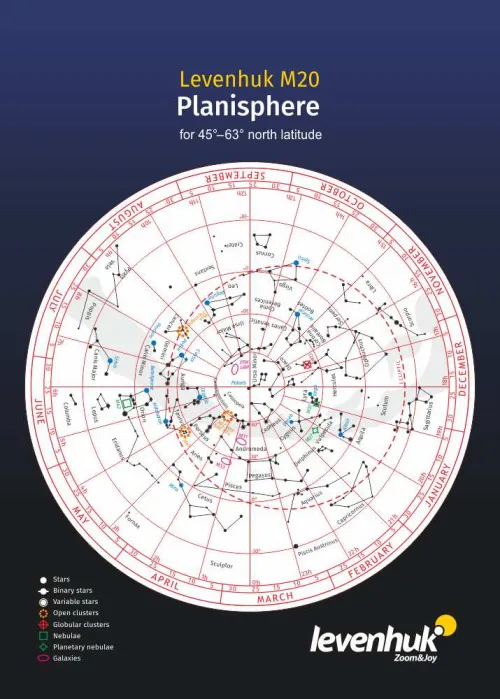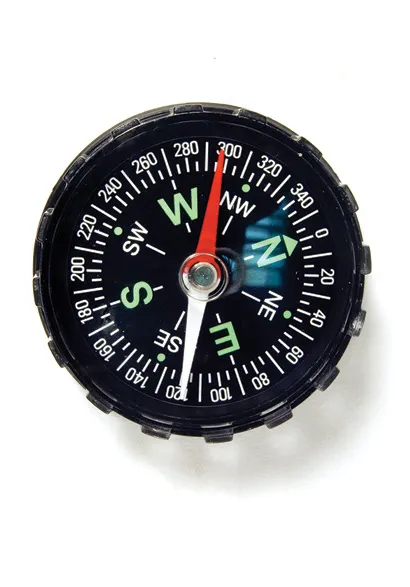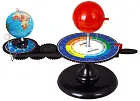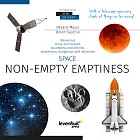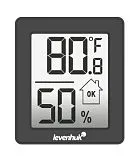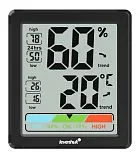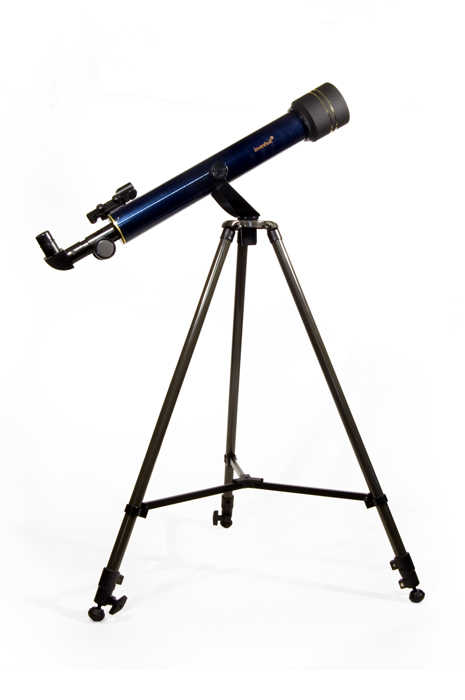Levenhuk Strike 60 NG Telescope
Achromatic refractor. Objective lens diameter: 60mm. Focal length: 700mm
| Product ID | 65553 |
| Brand | Levenhuk, Inc., USA |
| Warranty | lifetime |
| EAN | 0611901509365 |
| Package size (LxWxH) | 32.3x13.8x6.3 in |
| Shipping Weight | 11.9 lb |
Levenhuk Strike 60 NG is a wonderful telescope for children. Thanks to the Levenhuk Strike 60 NG Telescope, studying astronomy has never been easier. Straight from the box, without having to purchase additional accessories or spend hours setting it up, the Levenhuk Strike 60 NG allows you to see the lunar craters, sunspots, atmospheric flows of Jupiter and its four largest moons, phases of Venus, rings of Saturn, and binary stars with a separation of 2.5 arcseconds between their components, dim 10 magnitude stars, and even the bright nebulae and other galaxies.
This model was designed for any amateur astronomer, regardless of age. If you have never used a telescope and do not know where to start, then the Levenhuk Strike 60 NG is your best option. It can be used for both astronomical and terrestrial observations, is easy to set up, and, makes tracking stars easy with its altazimuth mount.
Levenhuk Strike NG Telescopes are a brand new series for amateur astronomers. Levenhuk Strike NG Telescopes are a wise choice for those who don't want to spend time assembling and adjusting a telescope, or browsing through an expansive list of accessories. Apart from the telescope itself, you also get the optics for astronomical and terrestrial observations, and educational astronomy references for both amateurs and more advanced users. All this makes the Levenhuk Strike NG Telescope an ideal choice for any beginning astronomer interested in science.
The kit includes everything you will need to make your observations fascinating and captivating. The informative handbooks and advanced software allow even a beginner to find the desired object in the night sky. This amazing telescope comes in a colorful box, and would make a perfect gift for any aspiring astronomer, who would cherish it for many years to come.
The kit is far more advanced than you would expect
1. "See it all!" Astronomer's Handbook
This practical
handbook will help any amateur plan and then enjoy stargazing. Written by a renowned expert, Alexander Shimbalev, it guides you through your first steps on the road to amazing discoveries. The book includes a number of star charts, listing the most interesting celestial objects. Commentaries help you orient yourself to the observation object and set up the telescope properly. Large-format prints showing the constellations and objects give you a preview of what the object should look like during your observations. This book takes you on a journey through the celestial sphere, where you will learn about 280 celestial objects and how to quickly locate them in the night sky, study the lunar surface, and observe the planets of the Solar System.
2. Stellarium is 3D planetarium software that allows you to see everything you can observe through a medium- or even high-powered telescope, including over 600,000 stars, planets of the Solar System, the Moon, nebulae and Milky Way galaxy. This software is capable of recreating a realistic sky in real time, providing you with panoramic views and allowing you to observe sunsets and sunrises, eclipses and comets without leaving your home. Now you can observe the sky even when it is raining cats and dogs outside.
3. Space Posters Set (Moon, Sun and Other Stars, Solar System)
Three
posters showing the cosmos as we know it. Each poster presents interesting information on various celestial objects in an easy-to-read format. The posters are 84x60cm (33x24in), printed on glossy coated paper.
- Moon Poster. You will find out about the history of lunar exploration, learn all the characteristics of the Earth's satellite, and find answers to many questions that interest mankind, including the nature of dark spots on the lunar surface.
- Sun and Other Stars Poster. This poster shows you that even though the Sun provides heat and light for the planets in the Solar System, it is still far from being a cosmic giant, as there are stars hundreds and even thousands times larger than the Sun. The poster includes the main characteristics of the stars, such as their physical properties and their history.
- Solar System Poster. You will learn a number of interesting facts on the planets of the Solar System, including their composition, physical characteristics and age. Some descriptions contain predictions on the future of discussed planets, which make this poster a ticket on a journey in space and time through the Solar System.
4. Planisphere
This is a rotating
star chart that helps you quickly and easily determine what celestial objects may be observed at a given date and time. It allows you to locate specific constellations or other objects at certain latitudes for your planned observations. The planisphere is very easy to use: all you do is align the date on the star chart with a time on the viewer, and you will get an exact representation of the night sky. It is very reliable and will serve you for many years to come.
5. Compass
People often forget how useful
a compass can be during observations. Quickly orienting yourself in an unfamiliar place and determining where north is can be very easy with this compact compass. Easily locating the North Pole, Polaris and the Big Dipper will allow you to quickly begin your observations.
The kit includes:
- Levenhuk Strike NG Telescope on a Yoke mount with declination axis
- Stainless steel tripod
- 0.965" plastic focuser
- Two 0.965" eyepieces: F20mm, F6mm
- 3x Barlow lens
- Red dot 3x20 finder scope
- Diagonal mirror
- "See it all!" Astronomer's Handbook with descriptions of 280 celestial objects
- Space Posters Set (Moon, Sun and Other Stars, Solar System)
- Planisphere
- Stellarium software CD to assist you during your astronomical observations
- Compass
- User manual and lifetime warranty
This kit is a great way to study and practice astronomy, learn how to locate constellations, and observe the planets of the Solar System.
| Product ID | 65553 |
| Brand | Levenhuk, Inc., USA |
| Warranty | lifetime |
| EAN | 0611901509365 |
| Package size (LxWxH) | 32.3x13.8x6.3 in |
| Shipping Weight | 11.9 lb |
| Optical design | refractor |
| Objective lens diameter (aperture), in | 2.4 |
| Focal length, in | 27.6 |
| Magnification, x | 233 |
| Aperture ratio | f/11.7 |
| Resolution threshold, arcseconds | 2.5 |
| Limiting stellar magnitude | 10.2 |
| Eyepieces | F20mm, F6mm |
| Eyepiece barrel diameter, in | 0.965 |
| Finderscope | red dot, 3x20 |
| Focuser | rack & pinion, 0.965'' |
| Tripod | steel |
| Tripod height (adjustable), in | 24.8–42.52 |
| Mount | alt-azimuth, English with right ascension axis bearings |
| User level | for children, beginners |
| Assembly and installation difficulty level | easy |
Convenient diagrams that describe how to install additional accessories on refractors and catadioptric telescopes
Find out how to assemble a telescope on an example of the Levenhuk Skyline 90x900 EQ telescope
This short guide will help you avoid typical mistakes and learn more about telescope and mounting types
The basics of astronomical observations for beginners
In this article we have gathered answers to some of the most frequently asked questions about telescopes
The most interesting celestial objects you can observe with Levenhuk telescopes
How telescopes work?
You can actually perform observations from your balcony!
All about telescope sizes, types, magnification, and mounts
Learn how to set up and use the telescope properly
Astronomy in light-polluted skies. Find out what you can observe in the city
Levenhuk Strike NG - perfect choice for beginners
All about Levenhuk Strike NG Telescopes
Read an interesting comprehensive article on telescopes for little astronomers
The pictures are made with Levenhuk telescopes
Celestial objects you can observe with telescopes of different apertures
Colored and vivid images of galaxies, planets and star clusters entrance everyone who is fascinated by boundless space
Find an interesting review on the history of the changes to a refracting telescope
To make the process of choosing a telescope easier, we will tell you about the characteristics of the most popular types of telescopes today
Learn everything you need to know about refractor telescopes to make the right choice
* binary stars with angular separation of over 2"", e.g. Albireo, Mizar, etc.;
* faint stars (up to 11.5 stellar magnitude);
* sunspots (with an aperture filter);
* lunar craters (8 km in diameter);
* polar ice caps and maria on Mars during oppositions;
* atmospheric bands on Jupiter and the Great Red Spot (GRS) under ideal conditions, four moons of Jupiter;
* rings of Saturn, Cassini Division under ideal conditions, pink atmospheric band on the planetary disk;
* Uranus and Neptune as stars;
* large globular, e.g. M13, and open clusters;
* almost all of the Messier objects (without details)
You will need to choose a good dark sky location with little air pollution, low air humidity. Do not observe after change in the weather, during the full moon and windy nights. Is there any additional information you might need? Looking forward to your reply.
If I get it right, then 120x magnification can be achieved by using F6 mm eyepiece. With Barlow 3x will it be 3 time higher? It's interesting, can I use F4mm eyepiece with it? And do you have them in your store? I really liked this model but unfortunately it doesn't have a solar filter in the kit. Can I find it somewhere else or replace it with something? I just wanna see the Sun and I wish I could do that more than 2 times. What can you suggest? And what about the image orientation? Is it going to be left-to-right or just normal terrestial image?

